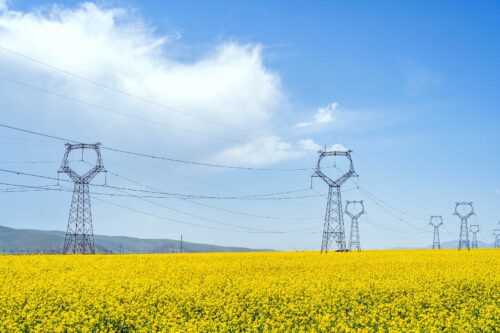
Report | 2023
Northwestern China Power System Decarbonization: Moving toward Zero-Carbon in Qinghai Province
Qinghai province’s power system has the highest clean energy penetration and the greatest renewables development potential in northwestern China. The province has announced an action plan to establish a near-zero-carbon power system by 2030. To support this target, this report proposes recommendations on technical aspects and market design based on Qinghai’s available resources and power system characteristics.
Qinghai’s implementation of these recommendations can be used as a model for accelerating the zero-carbon process for provinces or regions with high renewables penetration. This report also provides insights and recommendations on power system decarbonization that could be used in other provinces or countries.
The report identifies three main challenges based on the status quo policy and planning of Qinghai’s power system: large-scale generation, consumption, and export of renewables; flexibility requirements of a zero-carbon power system; and operational challenges of a power system with high renewables penetration. This report also includes a quantitative system simulation and qualitative market analysis; synthesizes technology, market, policy, and socioeconomic perspectives; and proposes systematic solutions with a focus on generation capacity planning and power market design:
- Generation capacity planning: The report looks at the technical and economic potential of battery energy storage system, concentrated solar power, and green hydrogen power to provide zero-carbon system flexibility in Qinghai.
- Power market design: The report sets significant milestones of power market reform between 2020s and 2030 and deliberates on the diversified development of ancillary services and a capacity pricing mechanism, and their importance and implementation in a renewables-dominant power system.